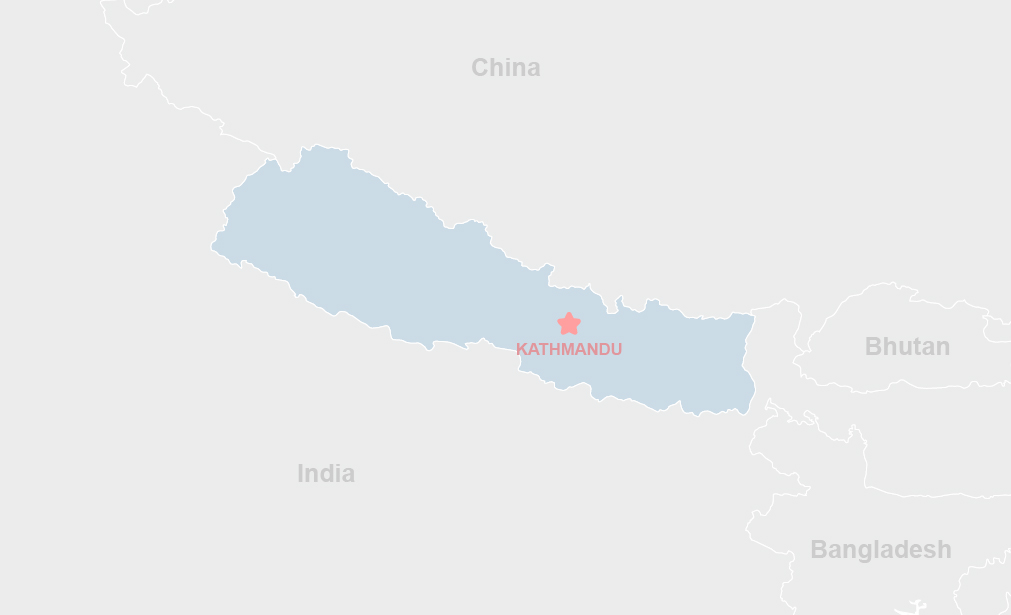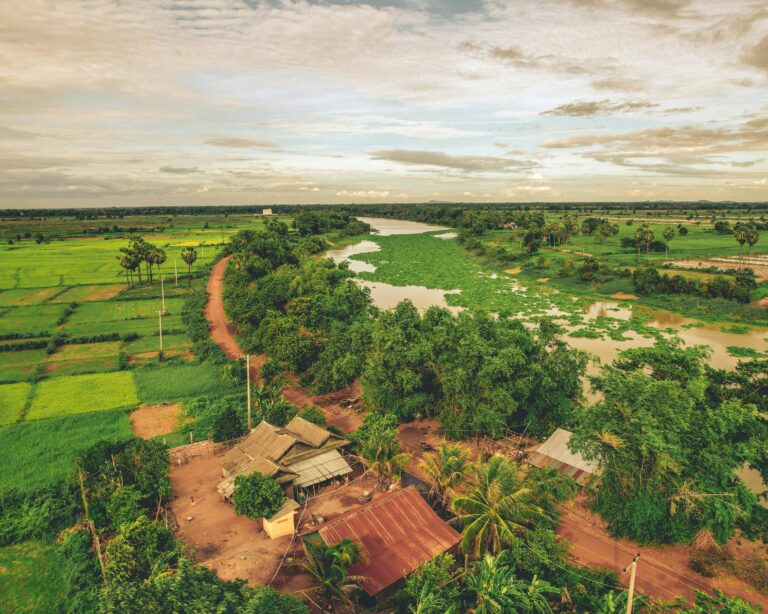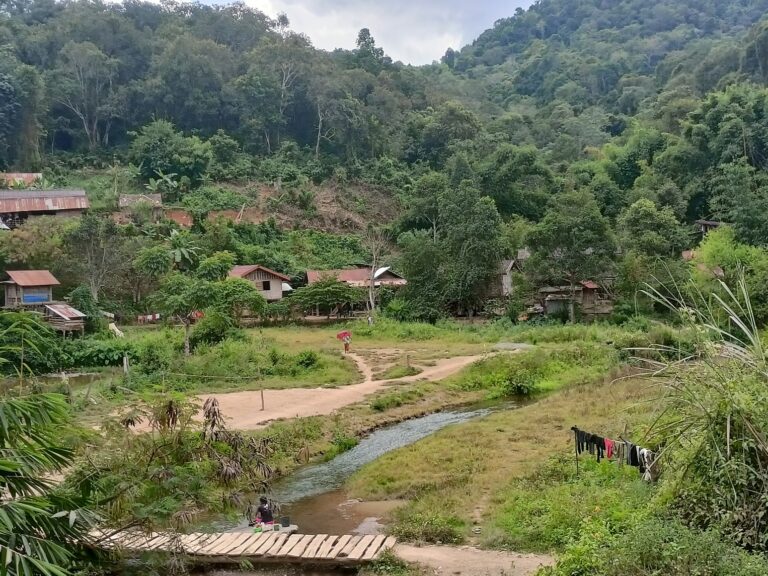Project Description
Nepal’s forests are under growing pressure from land conversion for agriculture, resettlement, and infrastructure development, leading to deforestation and forest degradation. These activities significantly contribute to greenhouse gas emissions through biomass combustion and soil carbon loss. In line with global efforts to address climate change, the Government of Nepal initiated the REDD+ (Reducing Emissions from Deforestation and Forest Degradation) strategy. To support this, the Ministry of Forest and Soil Conservation (MFSC), through its REDD Forestry and Climate Change Cell, commissioned a Strategic Environmental and Social Assessment (SESA) and an accompanying Environmental and Social Management Framework (ESMF) to guide REDD+ implementation.
Objectives, Activities and Results
The primary objective of the SESA and ESMF was to identify environmental and socio-economic risks and opportunities associated with REDD+ activities in Nepal. The assessment aimed to ensure that REDD+ implementation would not only minimize potential negative impacts but also enhance development outcomes and environmental resilience. Activities included a comprehensive evaluation of REDD+ impacts, stakeholder consultations, and integration of climate adaptation and forest governance considerations. The resulting framework established clear guidelines for managing environmental and social risks, informed policy design, and supported the sustainable rollout of REDD+ strategies at the national level.




